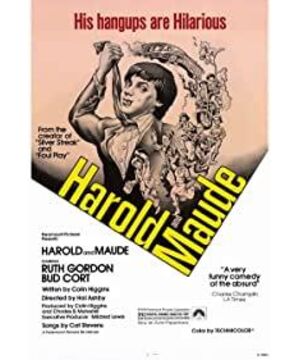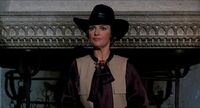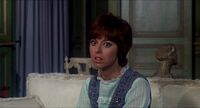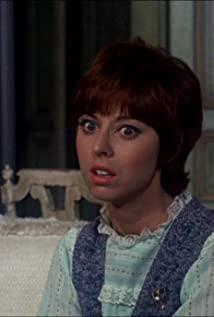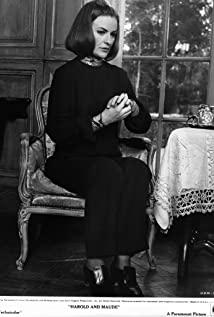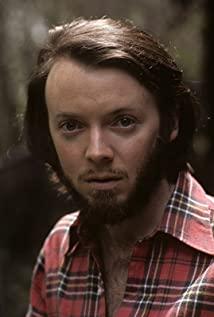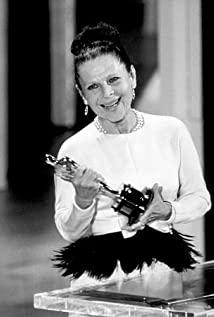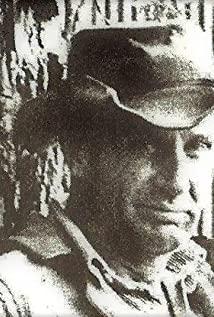[Columbia University Summer Film Discussion 2020]
H&M uses a kind of almost grotesque black humor and a kind of almost willful amateurism (willful amateurism) to show the yearning for freedom and the hope full of optimism that belonged to the 60s-just like a soundtrack in the film sings ——"If you want to sing out, sing out; if you want to be free, be free; if you want to live high, live high; if you want to live low, live low..." Because of this kind of childish sincere optimism, people will hold the screen of this film again in New York after 9/11.
At the junction of the 1960s and 1970s, H&M is a microcosm of the transition of American film styles between the two eras; whether it is in terms of image tone, plot design or musical style, it is trying its best to lead the audience to that period of high-tech. The history of utopian ideals. As far as the subject is concerned, it explores the most fundamental question of come out of closet: facing everyone’s life and destiny, is it to compromise or fight (conformity or not); and the film explores this heavy and serious The question is easy, or even frivolous—perhaps this style choice can be seen as a sort of overflow after being too heavy and too full.
Harold is a typical male character who will appear in the works of Wes Anderson or Woody Allen. He is a thin boy who is full of world-weariness and confused about the future. He is addicted to "(pretending to use various ways) to commit suicide." This game is used to gain the meaning of existence. It seems that only by experiencing death up close can you truly feel the fact of survival; Maude is an absurd hobby of attending strangers’ funerals, but maintains amazing An eccentric grandma with her optimism and vitality. However, Maude’s role is far more complex than the young Harold-in a short shot that will be missed inadvertently, Maude’s hand is a series of numbers "P-876954" suggesting that she is a Nazi concentration camp. The identity of the survivor, perhaps it is this kind of experience that enables him to live a hippy-style, life-to-death, live-in-the-moment, and chic life without hesitation. Under the influence of Maude, Harold changed from Tim Burton's image living in a Gothic old mansion like Dracula's melancholic young master to the boy who rolled like a lamb on the lawn— -Coincidentally, in the footage of Harold and Maude playing on the grass after escaping the barracks together, the big tree on the grass is like another Tim Burton's work "Big Fish" (Big Fish), which is somewhat abrupt in its sequence.
The relationship between the two protagonists in this film is not only the relationship between the mentor and the teenager, but also the love between the old and the young (this may be the most cult point of the film). In the middle of watching the movie, the audience will still think that H&M is just the relationship of the year-end love; in the second half, they realize that the film is a work about the year-end love. There is nothing wrong with this setting itself, but the design at the end of the film is too bloody. At the 80th birthday celebration that Harold prepared for Maude, Maude told Harold that he has passed a successful life and decided to He left the world on his 80th birthday and had swallowed sleeping pills-Maude was still unable to be rescued in the end, leaving Harold alone with the harvest he had grown up to continue rushing in the torrent of life.
There are many interesting images in the film. For example, when Harold came to Maude's cabin for the first time, the wooden sculpture in the house symbolized both vagina and rebirth, which both implicitly agreed that the meeting of the two would bring each other back to life, but also faintly. It conveys an ambiguous atmosphere; the three dates Harold was arranged by his mother on the computer dating system and found were political students, staff who posted invoices, and actors, corresponding to the three dimensions of politics, economy, and culture, and the three women The superficiality and ridiculous expression of the author undoubtedly express the author’s attitude towards the society in which he lives; due to his disinterested attitude towards the existing life and the “peculiar” attitude towards love, Harold is successively subjected to the paternal power of his uncle and the discipline of the army in the film. The power from the mother, the pathogenesis of psychiatry represented by Freudian psychoanalysis from the psychologist, and the criminalization of religious theology from the priest. For these pressurers, the director also resorted to precise audiovisual The language gives pungent irony and black humorous mockery.
View more about Harold and Maude reviews


